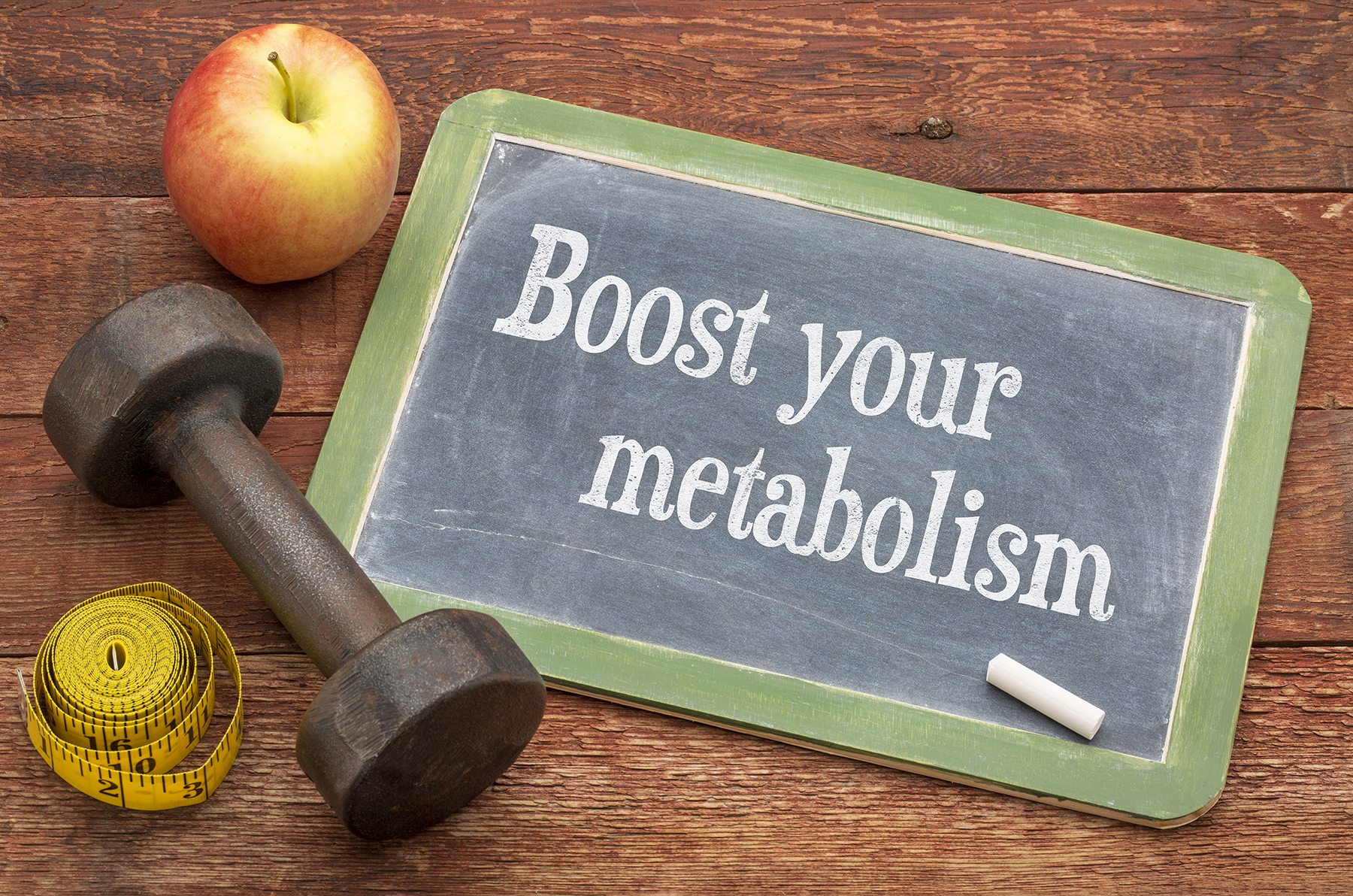Can You Jumpstart Your Metabolism?

The advice is endless. Drink coffee. Eat dinner early. Cut the carbs. Get your Zzzz’s and exercise first thing in the morning. Take this supplement and that vitamin. But can you really speed up your metabolism?
There is no shortage of advice about how to rev up our metabolism. In fact, entire industries have cropped up to provide information about how to trick our bodies to burn more calories faster. But here’s the sad truth: whatever you do will likely have little effect on your metabolic rate.
“There isn’t much research backing up what’s out there,” says Dr. Rajesh K. Garg, a University of Miami Health System endocrinologist. “There definitely are some positive associations with certain behaviors, but these are mild.”
In other words, don’t expect miracles.
Your metabolism is not something you can switch on — or speed up — like a car motor. How your body changes food into energy is most dependent on your genes. Blame your parents if you gain weight by simply staring at a cupcake while your best friend can down two doughnuts with no measurable change on her bathroom scale.
“Genetics,” Dr. Garg adds, “is the biggest factor. Some people just metabolize food faster. Others are slower burning calories.”
What’s more, many lifestyle choices affect your metabolic rate, so changing just one — exercising or getting the recommended seven or eight hours of sleep — won’t suddenly help you shed or keep off pounds. “It’s not that simple of an equation because it’s not just one factor,” Dr. Garg says.
But take heart.
While you can’t change your genes or eat without worries, the practices touted for metabolism-acceleration are actually good for you. Here’s a look at the healthy habits that, even if they don’t fast track your metabolic rate, will at least make you feel better:
- Sleep helps keep your metabolism steady, while poor or too little sleep has long been associated with weight gain. A study presented at the 2015 national meeting of the Endocrine Society found that even 30 fewer minutes of sleep a night can increase your risk of obesity and diabetes. Also, when you’re sleep deprived, your body produces more of the stress hormone cortisol, which makes you hungry. You’re more likely to go for the high-fat and high-carb foods, too. This doesn’t mean, however, “that sleeping more will translate into losing weight,” says Dr. Garg. As if we could be so lucky.
- Exercise is good for you in a dozen different ways — but it alone won’t knock off the pounds. “You have to exercise three or four hours to see a marked effect,” says Dr. Garg. If you doubt, check the calorie counter on the elliptical next time you’re at the gym. An entire hour may forgive only two chocolate chip cookies.
- Strict diets are bad for you. Actually, they will work against your goal of losing weight. When you don’t eat enough, your body clicks over to slow-motion, doing more with fewer calories. “That’s why it’s harder to lose the last few pounds when you’re on a diet,” says Dr. Garg. “Your body becomes more efficient.”
Focus instead on eating well-balanced meals, with an emphasis on vegetables and fruits.
Also load up on lean protein. Some studies have shown that eating protein helps you feel fuller.
- Staying hydrated may help you shed weight, but not necessarily in the way you might imagine. Choosing to guzzle water instead of a sugary drink immediately reduces your calorie intake. And drinking water before a meal fills you up faster, too, so you might not reach for seconds.
- Chronic stress is bad not just for your waistline, but for pretty much all your bodily functions. When we’re under the gun, we release cortisol — remember that from lack of sleep? — which spikes your appetite, particularly for high-calorie comfort food. A 2014 Ohio State study also found that stress may result in burning fewer calories. Researchers showed that the most-stressed women had higher levels of insulin, which eventually caused the body to store fat.
- Medications, including antidepressants, certain antipsychotics and drugs that slow the heart rate, can affect your metabolism. If you notice weight gain on a prescription, consult with your doctor to see if you can take something else instead.
One caveat: There’s no proof that hormone replacement therapy, used to alleviate menopausal symptoms, will add or subtract pounds.
However, keep in mind that we need to eat less as we grow older.
If you’re serious about burning off calories and staying trim, Dr. Garg suggests being realistic.
“Don’t waste your money on special diets or fads and supplements.” Instead, opt for a lifestyle that includes daily exercise, healthy eating, enough sleep and little stress. In the end, it’s about consuming fewer calories than you expend — and accepting your inheritance.
“Some people just have to work harder to stay thin,” he says.
Humbug.

Tags: calories, dieting, Dr. Rajesh K. Garg, eating healthy, losing weight, metabolism
